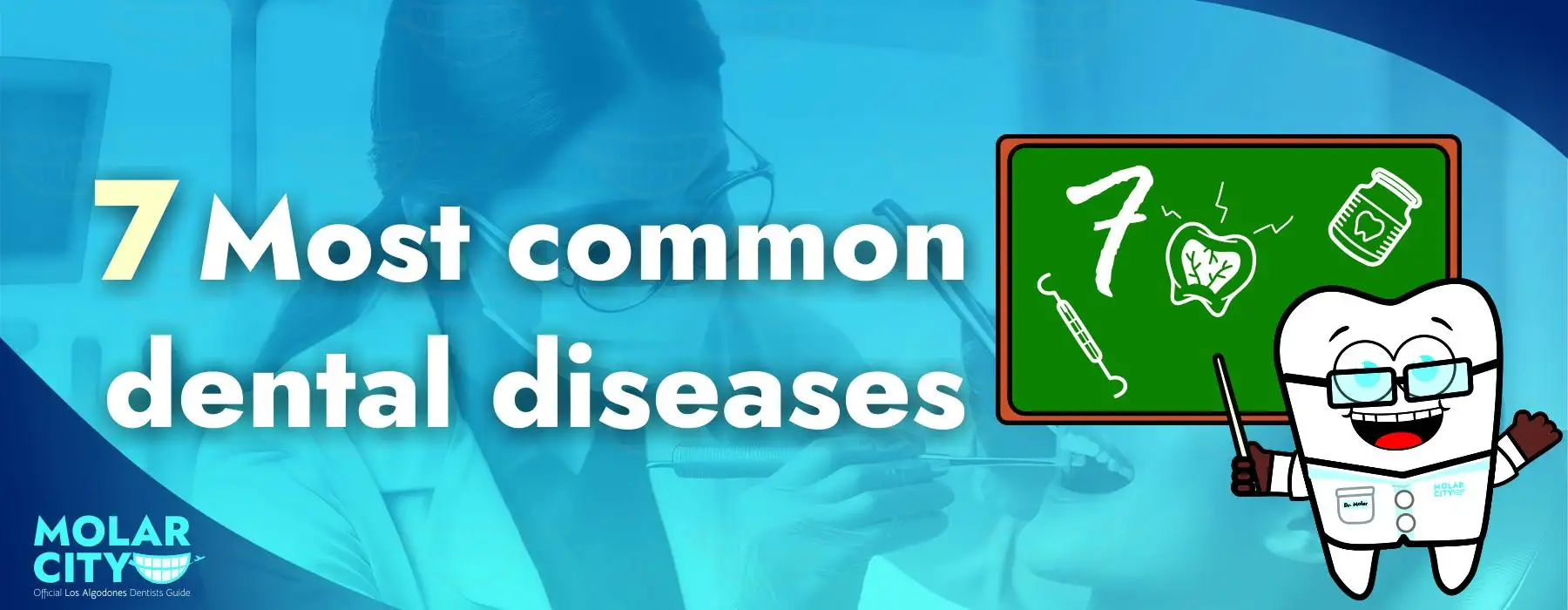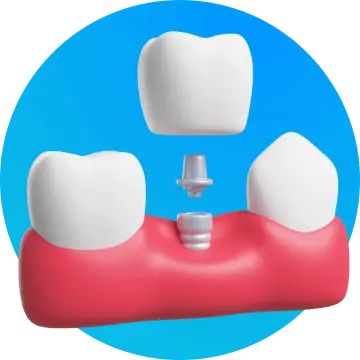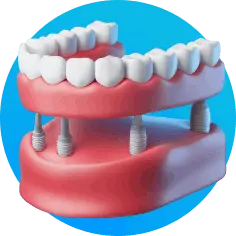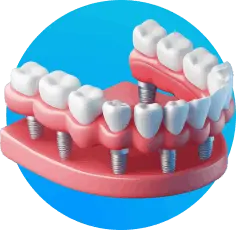Send a comment about: 7 Most Common Dental Diseases and Their Treatments.
Do you want to comment about this post?, it is really important.


Do you want to comment about this post?, it is really important.
 Dental Implants
Dental Implants
 All on 4
All on 4
 All on 6
All on 6
 Zirconia Crowns
Zirconia Crowns
 Dentures
Dentures





The All-on-6 dental implant procedure is a revolutionary solution for patients who need a full-arch tooth replacement. However, the cost of All-on-6 can vary significantly depending on the country where you receive treatment.

Dental implants are one of the most effective ways to restore missing teeth, providing both aesthetic and functional benefits. However, considering implants in 2025 means staying updated on the latest techniques, costs, and factors to consider when selecting a clinic.

Are you seeking top-tier dental care without breaking the bank? Look no further than Mexico, a leading destination for high-quality dental work that attracts patients from around the globe.

Los Algodones Dental Care provides world-class dentistry professionals that consistently achieve excellence in their trait. Welcome!

Proper oral care helps prevent cavities, gum disease, and bad breath while promoting a bright and confident smile. Follow these best dental hygiene practices to keep your teeth and gums in top shape.

.